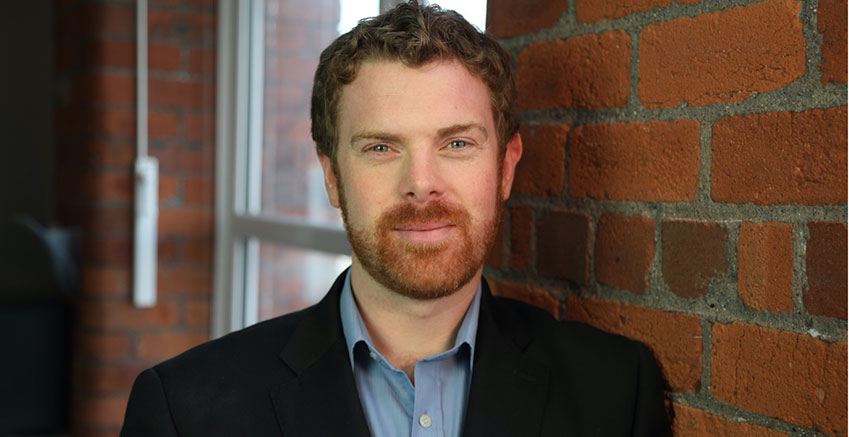I’m Dave Kowal, the Chief People and Sustainability Officer for Vita. The Vita Group is an advanced manufacturer of foams that are used for furniture, bedding, transport, and other applications. If you’ve ever sat on a piece of furniture or laid on a mattress and thought ‘wow, this is comfortable’, there’s a good chance that we were involved!
We are committed to lowering our environmental impact and becoming a truly sustainable company. It’s not an easy path to carve out, but we’re proud to be leading our industry. We are the only foam manufacturer globally that has signed up to the Science Based Targets Initiative. We are also the only foamer to align with the global reporting initiative (GRI), and we are proud signatories – again alone in our industry – to the UN’s Race to Zero campaign.
I’ve been a customer of Impact’s in various companies for well over a decade. I really enjoy the creativity Impact brings to leadership development.
Businesses are key contributors to protecting (and, indeed for many, degrading) the environment. Businesses are key enablers of a greener future, through providing innovation, high-quality products that improve the world, pulling people out of poverty, creating high-quality jobs, and encouraging people to really meet their potential.
The SDGs provide an insightful way of acknowledging the positive, challenging, and realistic roles that business can play, whilst recognising the complexity of creating a truly sustainable business model. They don’t let perfect (unicorn milk, carbon-negative iced lattes!) be the enemy of the good; with the good being companies making commitments to transparently share data on their progress against the goals.
Please take a look at our 2021 sustainability report: https://www.thevitagroup.com/sustainability-enhancing-everyday-life/sustainability-report/. I’d highlight our commitment to reducing our direct and indirect (scope 1 and 2) emissions, through which we’ve achieved a nearly 50% reduction against 2019. We’ve done this through focusing on process emissions and electricity (where we’ve switched to completely green electricity). I’d also highlight our commitment to circularity and waste reduction, which sees us working on very exciting, interesting, and innovative projects to increase recycling and the use of chemically recycled or bio-derived materials.

